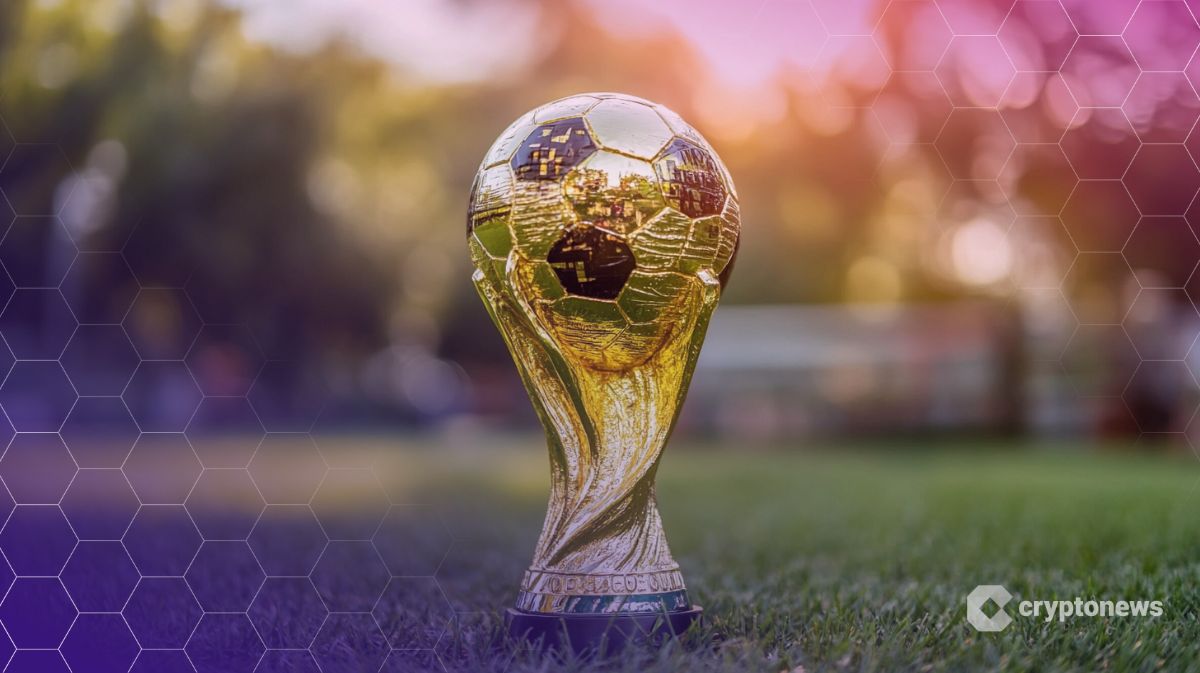Swiss Regulatory Authorities Probe FIFA’s 2026 World Cup Token Sales
Switzerland’s gaming regulator has launched an investigation into FIFA’s “right-to-buy” tokens for the 2026 World Cup, examining whether these digital assets fall under the country’s strict gambling laws. The probe, which is still in its early stages, does not imply any misconduct but aims to determine the nature of these tokens and their compliance with Swiss regulations.
The tokens in question grant owners a conditional right to purchase World Cup tickets if their selected team qualifies. These tokens are marketed as non-fungible tokens (NFTs) and are available for purchase and trade on the NFT market. The prices of these tokens range from $299 to $999, depending on the probability of a team reaching the final, with outsiders being cheaper and tournament favorites like Brazil, Argentina, and England having higher price tags.
Understanding the Tokens and Their Purpose
The FIFA-RTB tokens were first introduced for the 2024 World Cup final and offer a guaranteed purchase window at the nominal value if the selected team qualifies for a specific phase of the tournament. This program aims to create a more predictable and transparent way for fans to secure access to top games, given the high demand for tickets. During the 2022 World Cup, 3.4 million tickets were available, but 23 million were requested, prompting FIFA to develop this program to manage demand pressure for top-class games.
Many of the tokens for the 2026 World Cup have already been sold out, with the program receiving significant attention from fans and outsiders alike. The reaction to these tokens has been mixed, with some viewing them as an innovative way to manage ticket demand and others seeing them as expensive lottery tickets with additional steps.
FIFA’s Expansion into NFT Gaming
Beyond tokenized tickets, FIFA has also ventured into NFT-based gaming with its mobile title “FIFA Rivals,” developed in partnership with Mythical Games. This app allows users to manage clubs and trade player cards, further expanding FIFA’s presence in the digital assets space. In May 2025, FIFA migrated its NFT ecosystem from Algorand to Avalanche, aiming to improve scalability, engagement, and user experience, especially around global tournaments.
This move is part of a broader trend among traditional sports organizations turning to web3 technologies to deepen fan engagement and explore new revenue models. The success of the NBA’s Top Shot initiative with Dapper Labs in 2021 demonstrated the viability of large-scale digital collectibles, prompting other major leagues like the NFL and MLB to initiate their own NFT-based projects.
As the sports and gaming industries continue to intersect with blockchain and NFT technologies, regulatory scrutiny is likely to increase. The Swiss regulator’s probe into FIFA’s token sales highlights the need for clarity and compliance in this rapidly evolving space. For more information on this developing story and the intersection of sports, gaming, and blockchain, visit https://cryptonews.com/news/swiss-regulator-probes-fifas-2026-world-cup-token-sales/.


